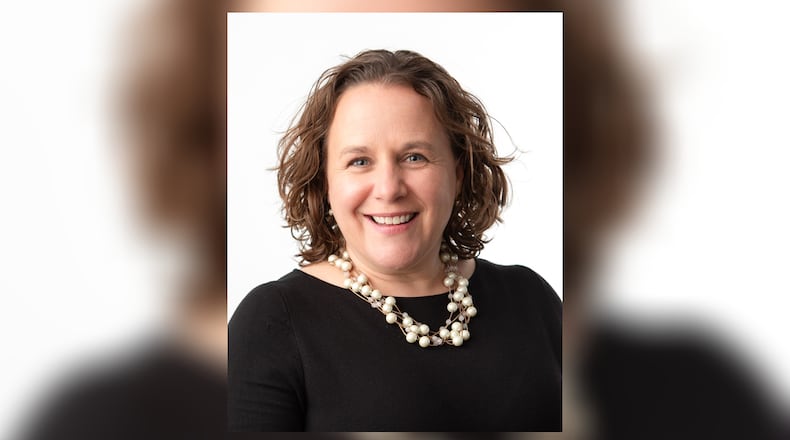The Ohio General Assembly currently has the opportunity to give many of these children a healthier start. Last summer the House passed State Rep. Andrea White’s (R-Kettering) “Strong Foundations Act” that would allocate much-needed funding for maternal and infant health interventions. That includes $8 million for the Healthy Beginnings at Home program, which provides housing assistance to reduce the risk of infant mortality and improve the chances that babies will be born full-term and with a healthy birth weight.
The initial Healthy Beginnings pilot project showed that secure housing literally saves babies’ lives. During the study, 50 housing-insecure families in Columbus received rental assistance and prenatal care services, while another 50 households received only the services, but no stable housing. At the end of the study, there were:
- Zero fetal deaths among babies in the housing assistance group compared to four deaths in the control group;
- 40 of the 51 babies in the housing assistance group were born full-term at healthy birth weights compared to just 24 of 44 babies in the control group;
- The average Medicaid claim to deliver babies in the housing assistance group was only $4,000, compared to $22,000 for babies in the control group.
Investing in families to prevent homelessness is not only the right thing to do; it reduces spending on other publicly funded services, like foster care, education, healthcare, and criminal justice. Children experiencing homelessness have twice the rate of learning disabilities and three times the rate of emotional and behavioral problems as children who are housed. Schools spend a lot trying to help these students overcome these problems.
Last year the legislature included $3 million in the biennial budget to expand the Healthy Beginnings model in a limited form to Dayton, Akron, and Cleveland, where many at-risk pregnant women and their babies are now thriving. However, they are the select few.
There are an estimated 7,659 homeless children under age 3 in Ohio. For some of those children and hundreds more who will be born in the next few years, House Bill 7 could mean the difference between growing up in a decent apartment or living in a car or a homeless shelter. And the proposed $8 million is a relatively small investment now to prevent future interventions in schools, hospitals, and foster homes. For context, the state will spend more than $23.3 billion on Medicaid this year alone.
We don’t have to continue to stand by and watch as more babies die or develop chronic diseases simply because they lack a stable home. Ohio’s children and newborn infants can’t afford to wait another year. They need the Ohio Senate to pass House Bill 7 before the end of 2024.
Amy Riegel is the executive director of the Coalition on Homelessness and Housing in Ohio.
About the Author
